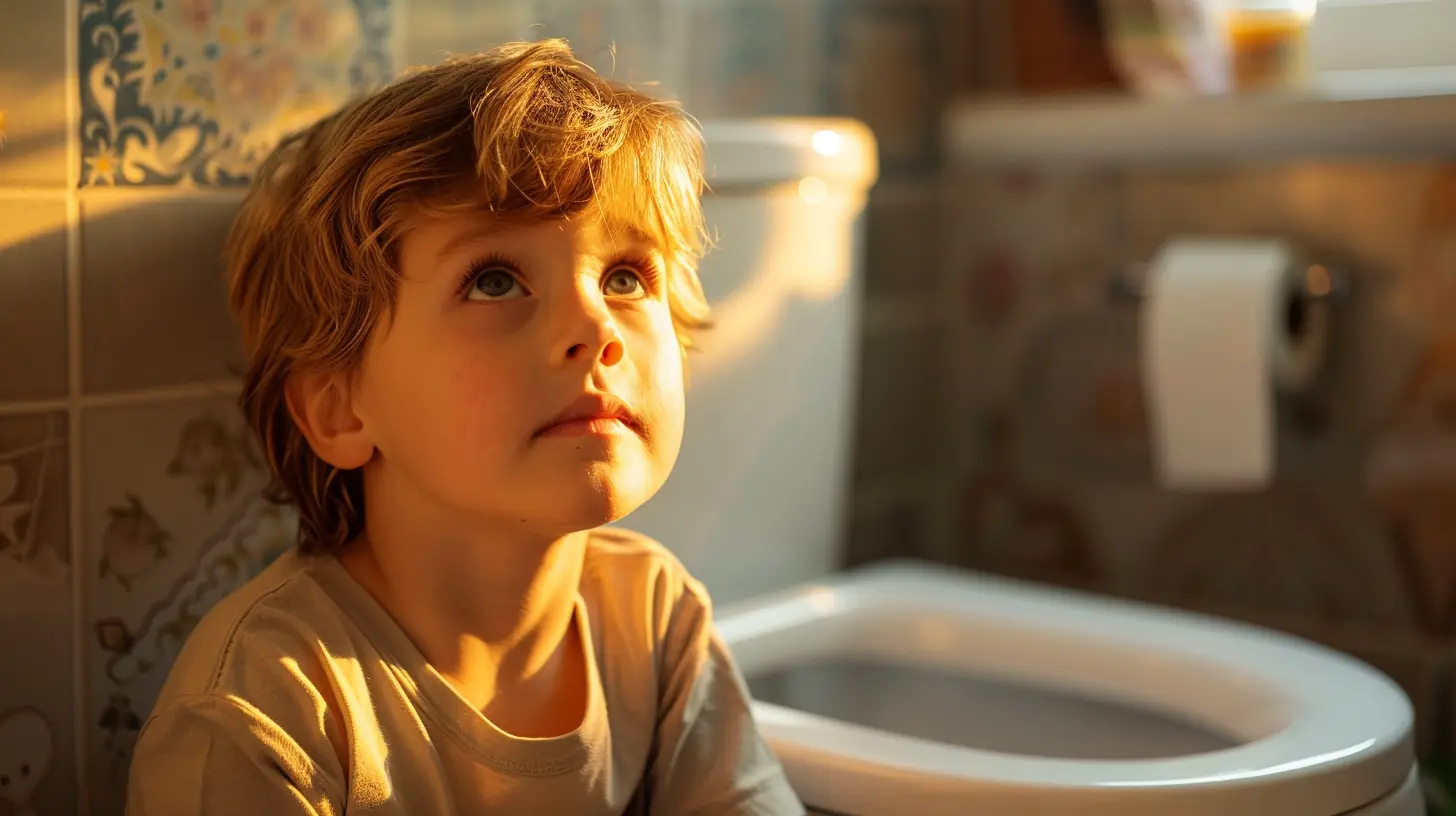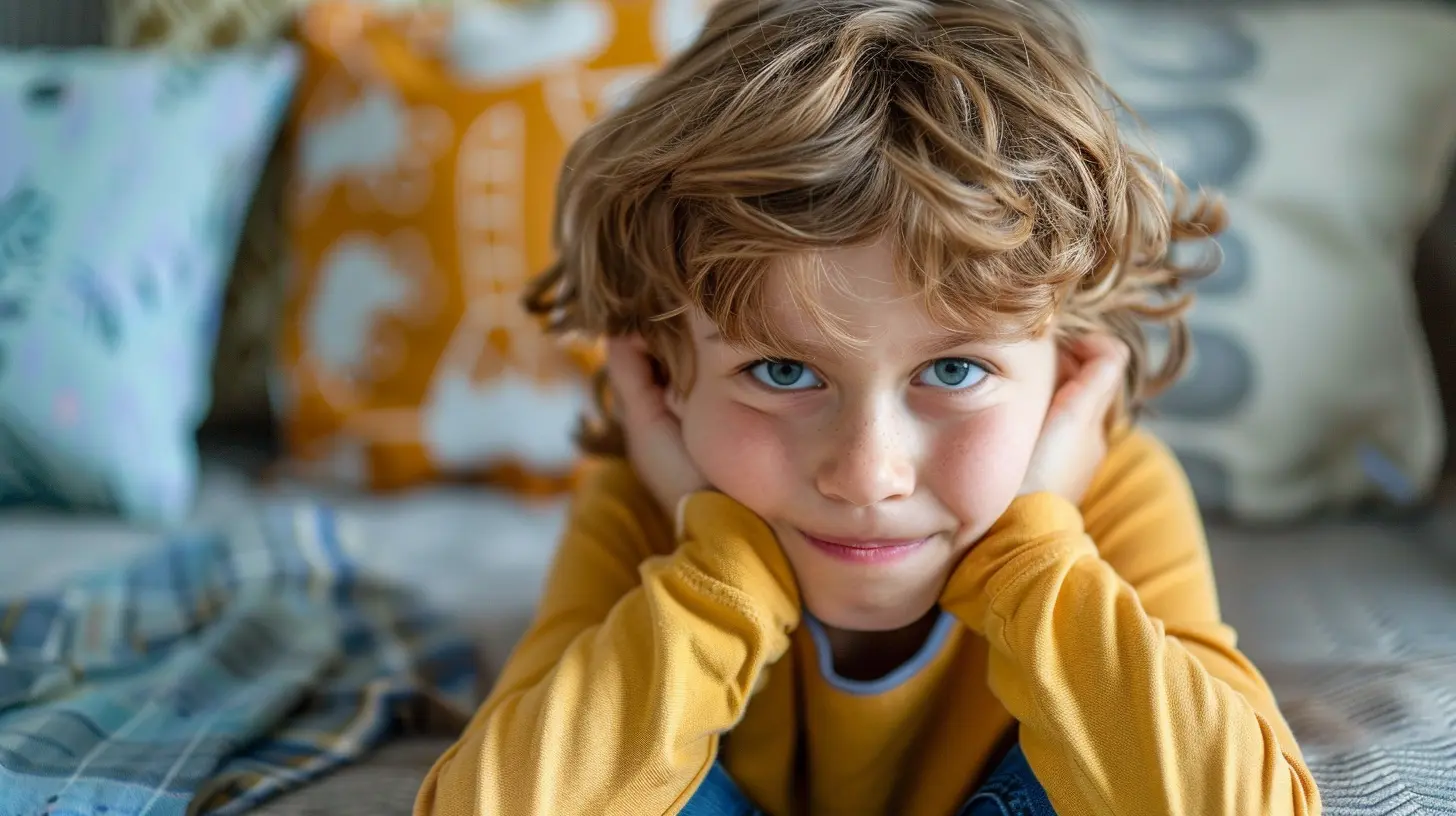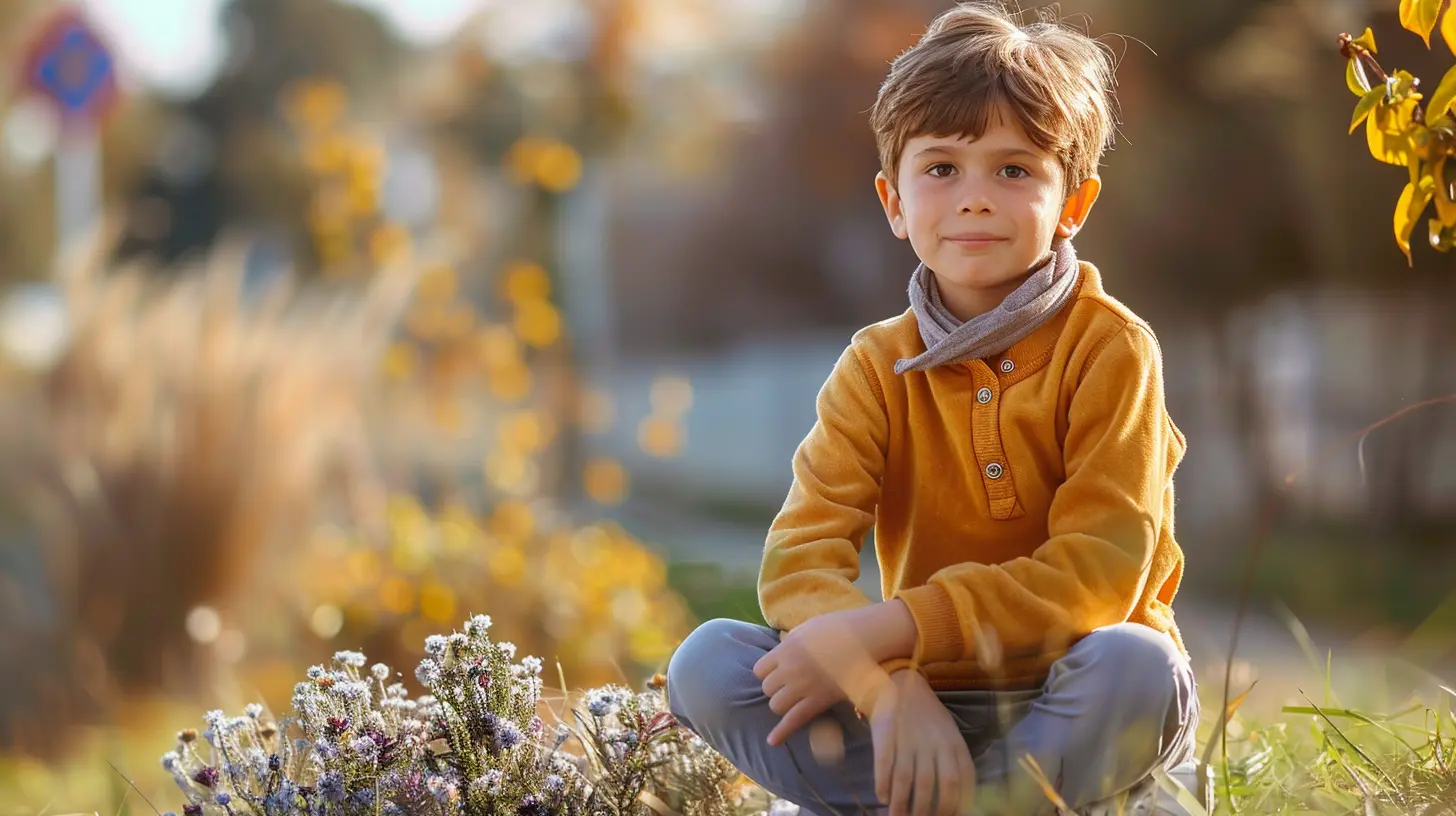25 December 2024
When it comes to our kids, we all want the best for their health and happiness, right? But while we're busy making sure they eat their veggies, stay hydrated, and get enough sleep, there's one topic that often flies under the radar—bowel health. Yep, I said it. Let’s talk about poop!
Now, I get it. Bowel health isn't exactly a dinner-table topic, but trust me, it’s super important. If your child’s digestive system isn’t running smoothly, it can affect everything from their energy levels to their mood. So, let’s dive in (don’t worry, figuratively!) and break it all down. By the end of this article, you’ll know exactly what to watch for, how to encourage good habits, and when to call the pediatrician. 
Why Is Bowel Health Important for Kids?
Think of your child’s gut like the engine of a car—when it’s running smoothly, the entire vehicle performs better. The gut is responsible for digesting food, absorbing nutrients, and eliminating waste. But it’s not just about physical health. Did you know the gut and brain are closely connected? That’s right—an unhealthy gut can impact your kid’s mood and concentration, too.Plus, bowel health during childhood lays the foundation for a lifetime of good digestive habits. Addressing any issues early can help prevent more serious complications down the road. 
What Does a "Healthy Poop" Look Like?
Okay, let’s get real for a second. Poop might be gross, but it’s actually a window into your child’s overall health. So what should you look for?- Color: Healthy poop is usually brown or tan. No neon colors, please! (Although, heads up, eating colorful foods—like beets or food coloring—can temporarily change their stool color. No need to panic!)
- Consistency: Ideally, it should be soft but not too mushy, like toothpaste. If it’s super hard or watery, that’s a problem.
- Frequency: Every kid is different, but generally, kids should poop anywhere from once a day to every other day.
Pro tip: Changing bowel habits, like constipation or diarrhea, can signal something’s up. Keep an eye out! 
Common Bowel Issues in Kids
Unfortunately, kids aren’t immune to tummy troubles. Here are some of the most common bowel-related issues parents deal with:1. Constipation
If your child is straining, going days without a bowel movement, or complaining about stomachaches, they might be constipated. It’s often caused by not drinking enough water, eating a low-fiber diet, or ignoring the urge to poop (we’re looking at you, kids who hate school bathrooms!).2. Diarrhea
On the flip side, diarrhea can happen due to infections, food intolerances, or even stress. If it lasts more than a day or two, it’s time to dig deeper into what might be causing it.3. Encopresis
This sounds fancy, but it’s actually a common issue where kids have accidents because they’re holding in poop, leading to impacted bowels and leakage. Not fun for anyone, but it can be addressed with the right care.4. Food Intolerances and Allergies
Sometimes, bowel issues are linked to food sensitivities—like dairy, gluten, or soy. If you notice a pattern, it might be worth chatting with your pediatrician.
How to Promote Good Bowel Health in Kids
So, how can you help keep your little one’s digestive system happy and healthy? It’s actually easier than you think. Here are some simple strategies:1. Load Up on Fiber
Fiber is like the superhero of bowel health—it keeps stools soft and keeps things moving along. Include fiber-rich foods like:- Fruits (apples, pears, berries)
- Vegetables (broccoli, carrots, spinach)
- Whole grains (oatmeal, brown rice, whole wheat bread)
But don’t go overboard all at once. Too much fiber too quickly can cause gas or bloating. Gradually increase their intake and pair it with plenty of water.
2. Stay Hydrated
Speaking of water, hydration is key. Without enough fluids, stool can get hard and, well, stubborn. Encourage your kiddo to drink water throughout the day, and mix in some fun options like flavored water or watered-down fruit juice (in moderation!).3. Encourage Movement
Did you know that physical activity helps digestion? Yep, getting your child to move around keeps their intestines active, too. Whether it’s a game of tag, a family bike ride, or a quick dance-off in the living room, get them moving!4. Establish Regular Bathroom Habits
This one is big. Teach your child to listen to their body and go when they feel the urge. Ignoring it can lead to constipation and other issues. And if they’re worried about using public bathrooms, work on easing those fears.5. Limit Junk Food
Okay, no parent loves hearing this, but cutting back on processed and sugary snacks can make a big difference. Foods like chips, cookies, and soda might taste amazing, but they offer little nutrition and can mess with your kid’s digestion.When to See a Doctor
Sometimes, even your best efforts won’t solve the problem, and that’s okay. When should you call in the experts?- Your child is in severe pain or has been constipated for more than a week.
- You notice blood in their stool.
- Diarrhea lasts longer than two days.
- They’re losing weight unexpectedly.
Your pediatrician can help identify underlying issues and recommend treatment. Trust your gut (pun intended!)—if something feels off, don’t hesitate to ask for help.
Fun Ways to Make Digestive Health Cool for Kids
Let’s face it: convincing kids to care about their bowel health isn’t exactly a walk in the park. But with a little creativity, you can make it fun!- Create a Chart: Let them track their water intake or fruit and veggie servings with stickers.
- Make Fiber Fun: Get them involved in cooking fiber-filled meals or smoothies. "Superhero Smoothie," anyone?
- Poop Talk: Normalize talking about poop. Seriously, if they can laugh about it, they’ll be less embarrassed to tell you if something’s wrong.
Final Thoughts
Bowel health for kids might not be the most glamorous topic, but it’s absolutely essential for their well-being. By focusing on good habits like eating fiber, staying hydrated, and encouraging bathroom breaks, you’re setting your child up for a lifetime of healthy digestion.And remember: it’s okay to talk about poop. After all, it’s just another way to take care of the ones we love, right? So, next time your kid makes that telltale “potty dance,” lean in and say, “Hey, we’re in this together.









Zephyrae Middleton
This article provides helpful insights for parents on maintaining their children's bowel health with practical tips and essential information. Very informative!
February 11, 2025 at 4:58 AM